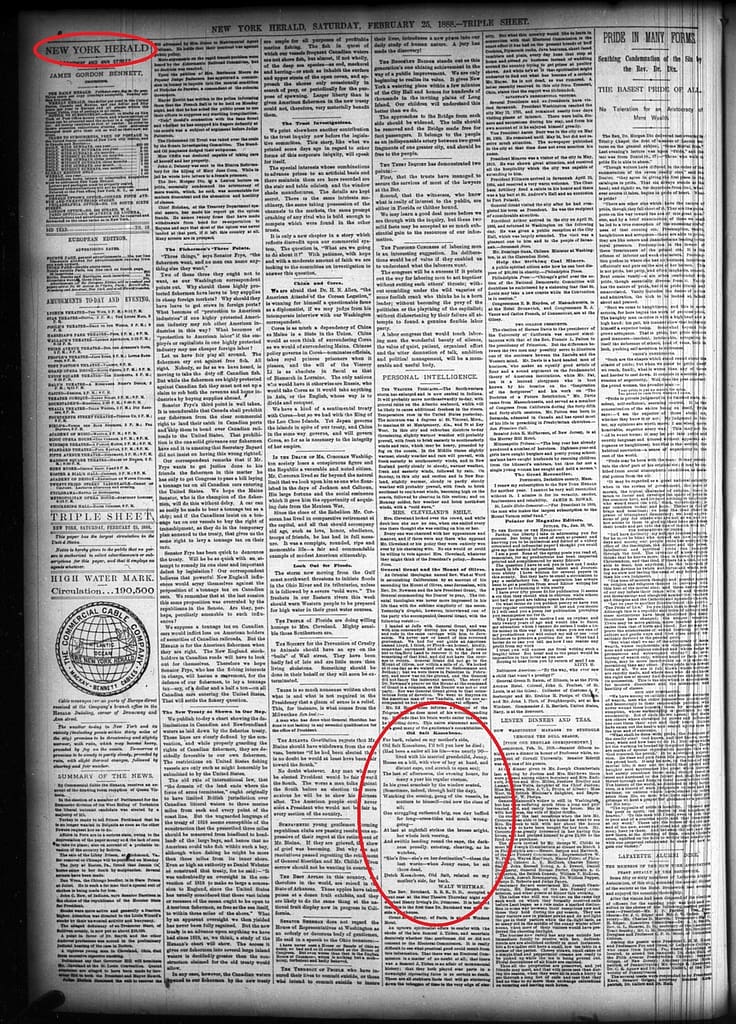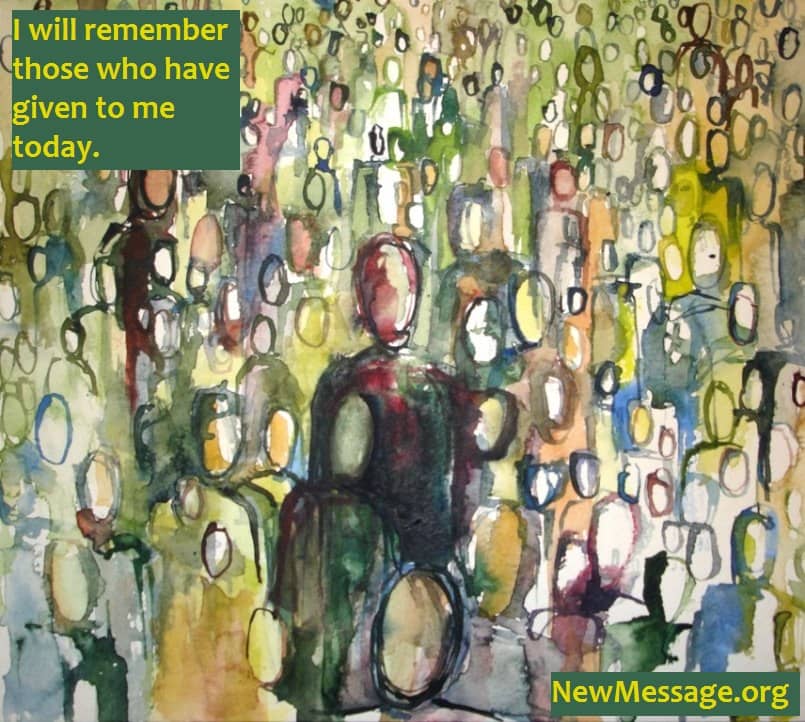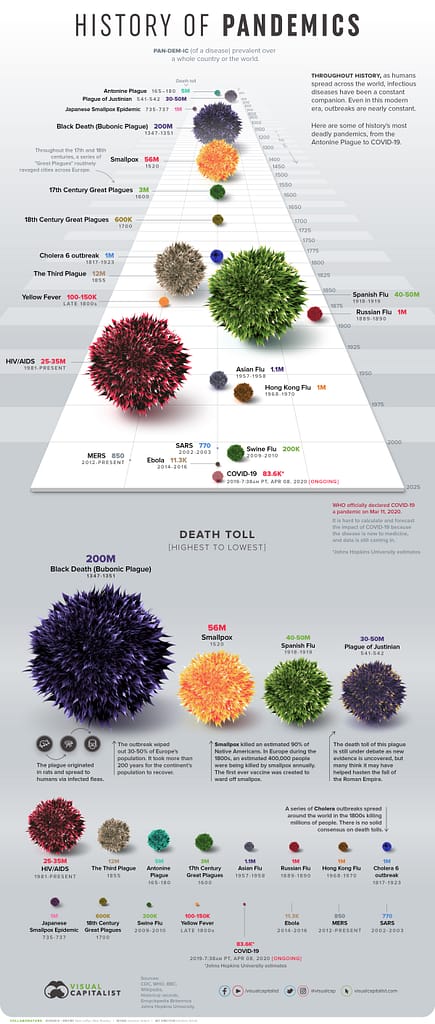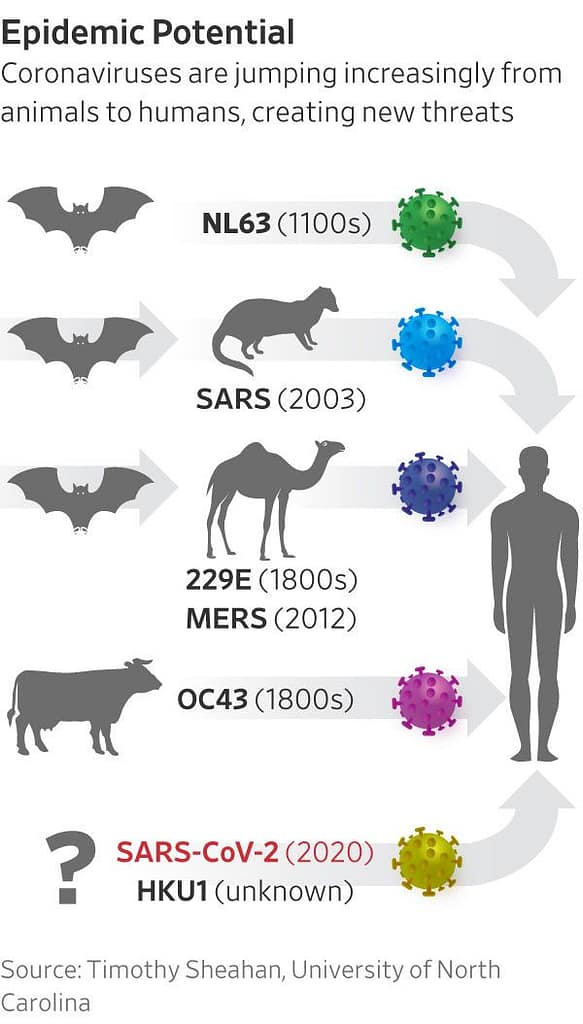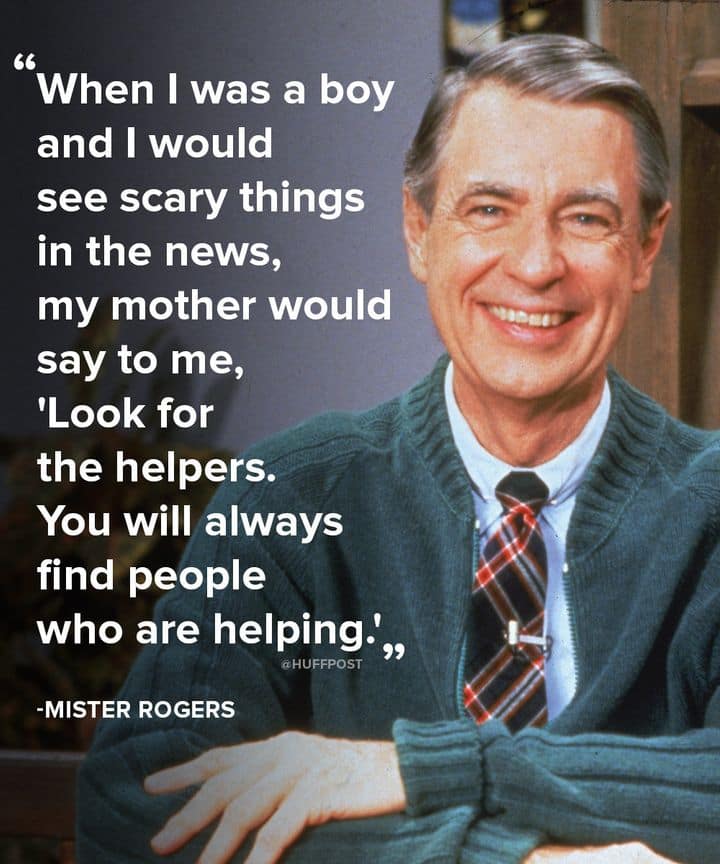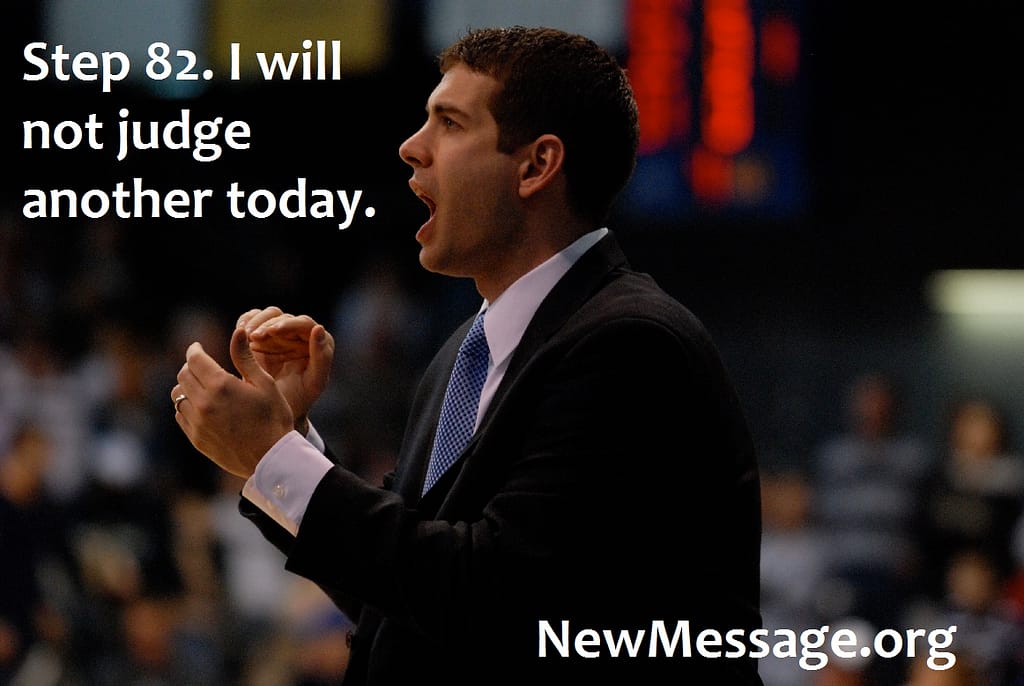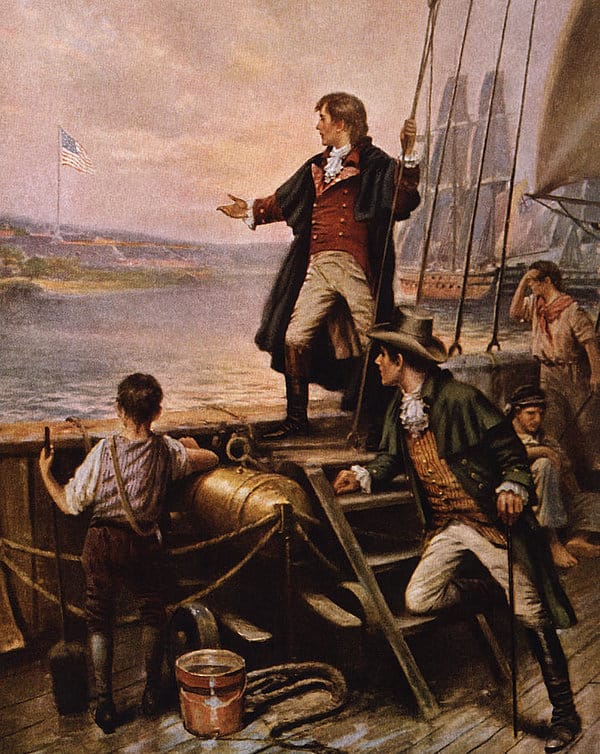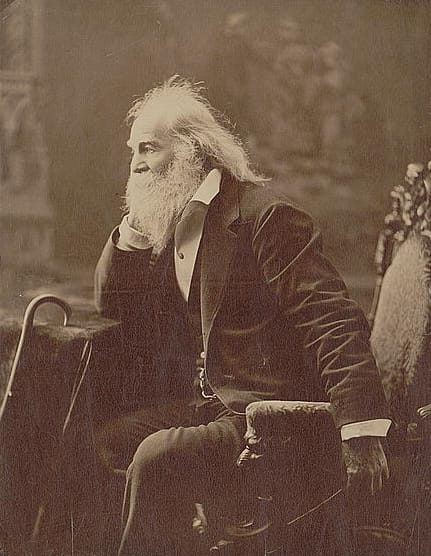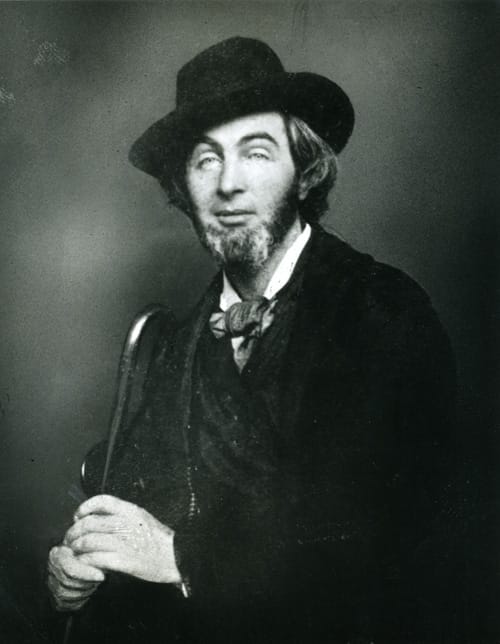
The Worldwide Community of the New Message from God is observing the 2022 Steps Vigil. This is a commemoration of the 20-day period (May 26 – June 14) when Marshall Vian Summers received the book Steps to Knowledge. Marshall received this book in Albany, New York in 1989. We are therefore celebrating the 33rd anniversary of the entrance of Steps to Knowledge into the world. Steps to Knowledge is the book of spiritual practice of the New Message from God. I have written a review here.
Then falter not O book fulfill your destiny
Steps to Knowledge is part of a much larger body of material. Marshall Vian Summers received this material over a period from 1982 to the present. The New Message from God presents itself as the latest in a series of divine revelations to humanity. This series includes the teachings of Buddha, Jesus and Mohammed. When these revelations appeared, it was not immediately clear they should be translated into the languages of the world. But people of many faiths have observed that people learn the teachings of a religion best in their own heart language. Bible translator John Wycliffe (c. 1320-1384) wrote, “it helpeth Christian men to study the Gospel in that tongue in which they know best Christ’s sentence.” Translating Steps to Knowledge into other languages is comparable to translating a small portion of the Tripitaka, or a book of the Bible, or a Surah of the Qur’an.
In how many languages is Steps to Knowledge available?
I wrote in 2018 about the progress of translation of Steps to Knowledge into the languages of the world. I mentioned that there was a complete version of Steps to Knowledge in 11 languages, spoken by roughly 2.4 billion people. Significant progress has been made since then, There are now complete versions of Steps to Knowledge in 15 languages other than English:
- Bahasa (Indonesian) – Langkah-langkah Menuju Pengetahuan
- Bengali – জ্ঞানের প্রতি পদক্ষেপ
- Bulgarian – Stŭpki kŭm Znanieto
- Chinese (Traditional and Simplified) – 内识进阶
- Dutch – Stappen Naar Kennis
- French – Les Pas vers La Connaissance
- German – Schritte zur Kenntnis
- Greek – Ta Vímata tis Gnósis
- Italian – Passi Verso La Conoscenza
- Korean – 앎으로 가는 계단
- Persian – گام به گام تا بصیرت و دانش
- Polish – Kroki do Wiedzy
- Russian – Шаги к Знанию
- Spanish – Pasos al Conocimiento
- Vietnamese – Những Bước Đi đến Tri Thức
The number of people who speak these languages as their heart language is roughly 3.1 billion, slightly less than 40% of the world’s population. In addition, there are 10 languages where a partial translation exists: Afrikaans, Albanian, Arabic, Croatian, Danish, Hebrew, Portuguese, Romanian, Slovak and Swedish. These are the heart languages of an additional 530 million people.
Who did these translations?
It should be noted that professional translators did not create these translations. Student practitioners created these translations. People who practiced Steps to Knowledge in English, who spoke another language as their heart language. “Native speakers” of Steps to Knowledge created these translations. I have heard the testimonies of a number of these translators. Some of the translators encountered the New Message and thought to themselves, “This must be shared.” Some of the translators shared “I trusted my deepest inclinations,” as they described their path into translation. Russian translator Alisa shared some of her translation experience here. I consider this translation to be an enormous accomplishment, a great display of dedication and devotion.
Is this translation technically difficult?
Some people might be wondering “Is the full experience being conveyed in translation?” I believe it is. The evidence I suggest is the readability level of Steps to Knowledge. A high school freshman has a reasonable chance of understanding its content. I find Steps to Knowledge remarkably free of esoteric language.
How is Steps to Knowledge progressing into the world?
The number of people who have a complete copy of Steps to Knowledge in their heart language has been doubling every 10 years or so, over the past 33 years. if this trend continues, Steps to Knowledge will be available in the major languages of the world in 20 years or so.
Then falter not O book, fulfill your destiny
American poet Walt Whitman (1819-1892) wrote a poem “In Cabin’d Ships At Sea” in 1871. He envisioned books of his poems being read by mariners in the future. In this poem he wrote “Then falter not O book, fulfill your destiny. I speak this same blessing over Steps to Knowledge. This book has been given with gratitude and high expectation. I rejoice and give thanks for the efforts many have made to move it forward into the world.
Welcome to Mystery of Ascension! We are students and advocates of the the New Message from God. We are members of a worldwide community. We seek to assist the world in successfully navigating difficult times ahead. We seek to assist the world in successfully emerging into a greater community of intelligent life. You will also find some poetry. Find out more about us here. Contact us here.


